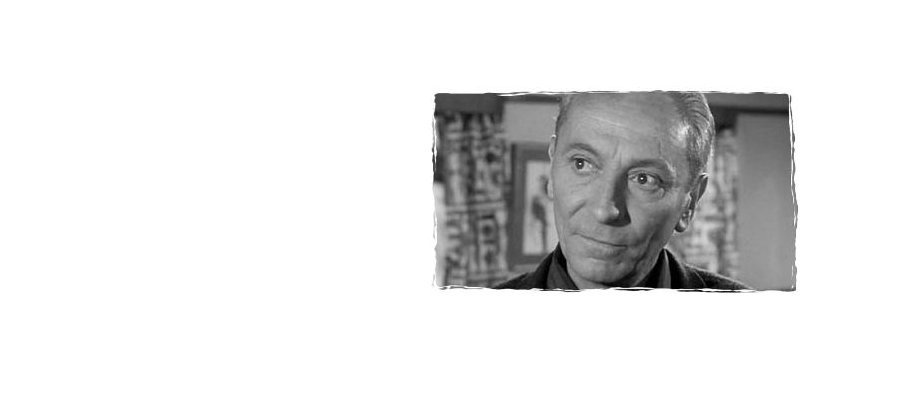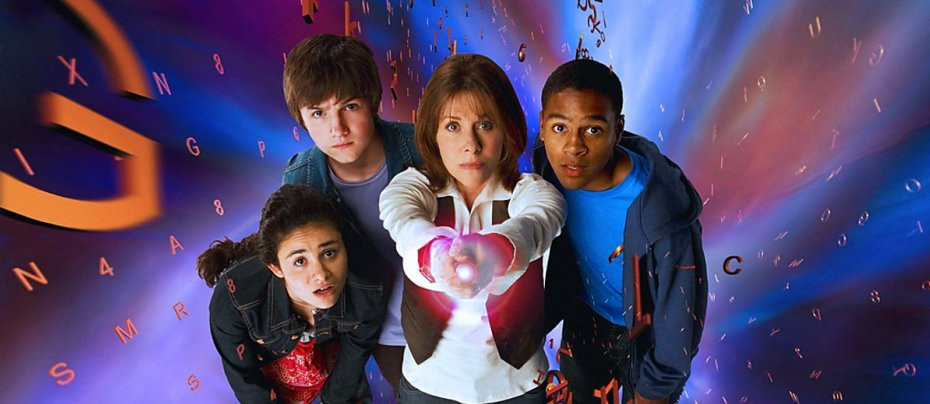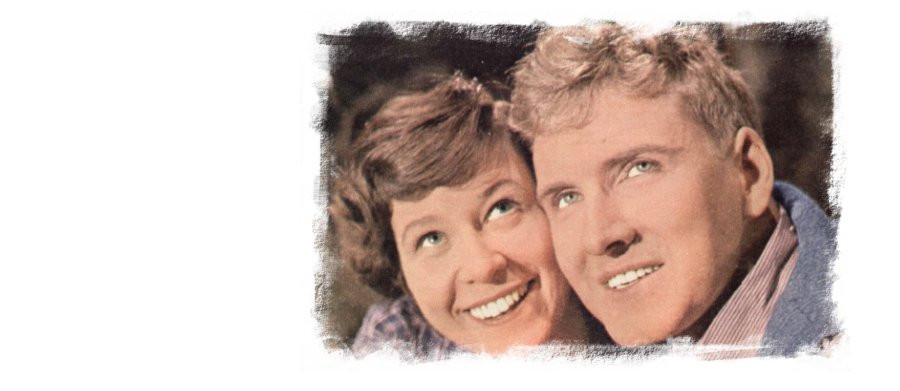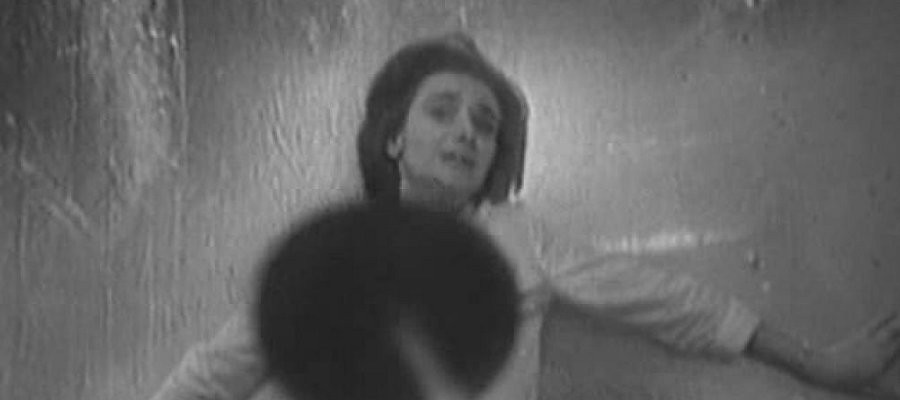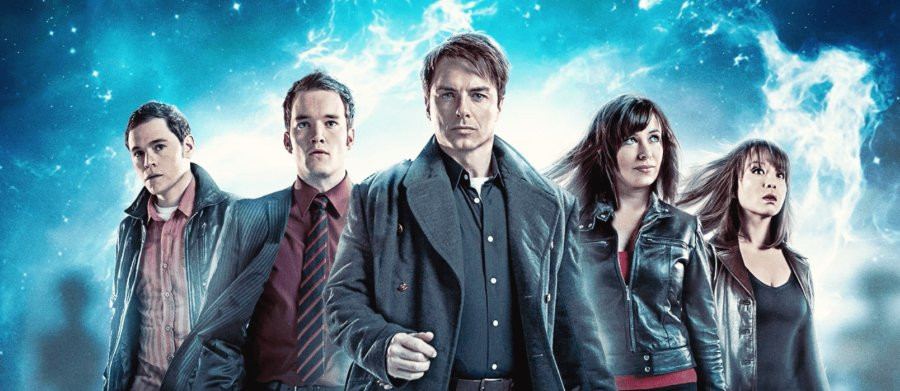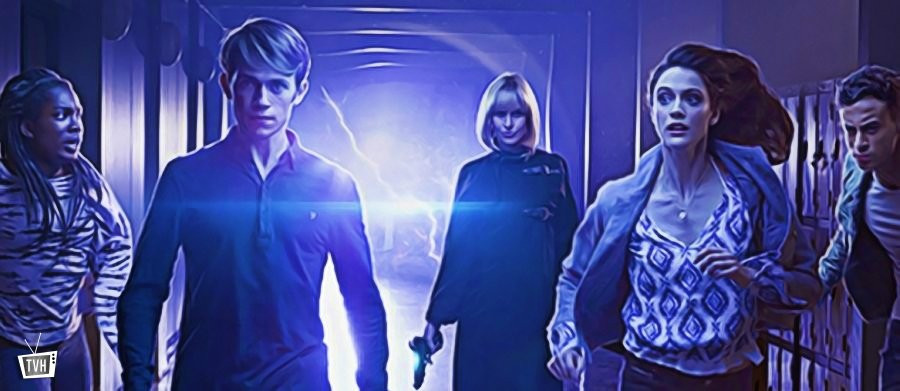The Smugglers
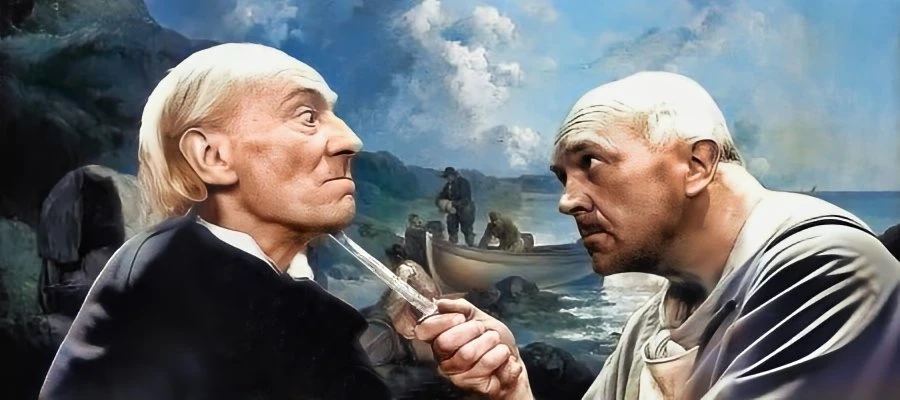
Doctor Who's fourth season began with a story that in no way suggested the huge changes that were about to occur. That isn't too surprising, as it was actually recorded as the final serial of season three's production block. It was, however, during the filming of this serial that producer Innes Lloyds broke it to William Hartnell that he was to be let go and replaced. This is, effectively, Hartnell's last Doctor Who production as the programme's lead; the following block would begin with filming The Tenth Planet, where he was employed in a guest actor capacity.
Hartnell's health had deteriorated through the production of season three, impacting his performance and working relationships with cast and crew. However, you'd be hard pressed to notice this from The Smugglers. Hartnell is on top form here, clearly relishing this adventure and putting his all into the role. The Smugglers is the end of an era in more ways than one; it's the last of the First Doctor's many adventures in history. Only The Highlanders, the second serial to star Patrick Troughton as the Doctor, would provide a purely historical adventure with no extra sci-fi elements.
The Smugglers, set in late-17th century Cornwall, is more of a genre piece than an examination of history. It's taken directly from old adventure stories of pirates and ne'er-do-wells, drawing on such works as Moonfleet and the Doctor Syn stories. All the trappings are here: lost treasure, corrupt authorities, secret codes and haunting curses. The serial was the second by writer Brian Hayles, and the first directed by Julia Smith (one of two female directors at the BBC in 1966, the other being Paddy Russell, who had directed The Massacre earlier in the year). It boasts some rich location filming in Cornwall, including filming on a wooden fishing ship, the Bonny Mary, in Newlyn Harbour. This was the first extensive location work away from London for the series. The serial is also especially action-packed for the period, with stuntmen Terry Walsh and Derek Ware, along with the latter's newly founded team Havoc, who would all go on to provide some of the most memorable action sequences of the series into the seventies.
Unfortunately, all of this is rather lost on us today, as this is yet another serial that is entirely missing from the BBC's archives. Thankfully, there are telesnaps, a full soundtrack, and a few snippets of film remaining, the latter showing the best of the action scenes, thanks to being clipped from the reels by overly sensitive Australian censors in the 1960s. The serial works well even as an audio-only story, thanks to some strong performances by some distinctive voices, and the extensive photographs give us an excellent idea of how it might all have looked. It's not a substitute for actually being able to watch the story, but it's still a diverting hundred minutes of adventure.
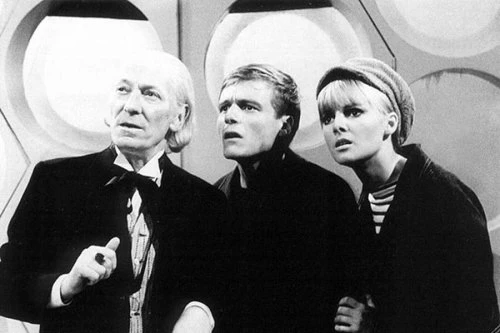
Having let themselves into the TARDIS at the end of the previous story, The War Machines, Ben (Michael Craze) and Polly (Anneke Wills) take the impossible dimensions of the craft surprisingly easily. Perhaps they're more concerned by the Doctor's immediately blowing up at the indignity of yet more uninvited guests. He's already set the controls and sent them careening through space and time, after all. Still, he doesn't take long to warm to the idea of two more travelling companions and seems to be having a thoroughly good time throughout this adventure. It's a bit harder for the two humans. To begin with, they have to come to grips with the fact that they've been instantaneously transported to the South-West coast, and then they have to swallow that they've travelled three centuries back in time.
There's a clear dynamic between the two that's established pretty quickly now that they're full-time companions. Polly is enthusiastic and quick on the uptake, while Ben is the useful blunt instrument. Polly is the believer; Ben is the sceptic. While neither of them can deny that they've changed location, it takes Ben an age to accept that they've gone back in time. He's mostly concerned that he's going to be late getting back to his ship. Polly accepts the time travel more quickly and soon starts to enjoy herself and her new surroundings. She's not too keen on being taken for a boy by the locals, thanks to her cap and trousers (Wills wasn't particularly impressed that she was the only woman in the cast, either). There comes a point when the reality of their situation hits; they end up imprisoned, helpless, and separated from their only way out from a hostile and foreign century. Still, they manage to get over it remarkably quickly.
The travellers have barely arrived before they've become embroiled in the search for the lost treasure of Captain Avery. He's missing, presumed dead, and his ship the Black Albatross is in the hands of the brutal Captain Pike. (The historic Avery captained a ship named the Fancy, but that probably didn't sound piratical enough.) The Doctor helps the terrified churchwarden of the village, who gives him a cryptic message: “Smallbeer, Ringwood, Gurney.” (Actually, actor Terence De Marney, fluffs his line, but the Doctor clearly hears the correct version.) It's not long before the warden is found dead, with the strangers accused by the village's corrupt Squire. Meanwhile, the Albatross has landed, and Pike is looking for the treasure.
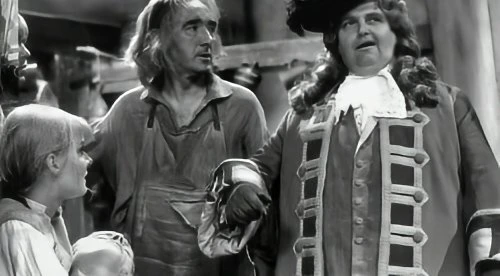
The plotting by the Squire and his lackeys, and the unravelling of the message's meaning and its clue to the treasure's location aren't especially complex, but they add some nice twists to the story that's livened up by a healthy dose of violence from Pike and his crew. The cast are solid and are clearly all having a lot of fun. Paul Witsun-Jones (The Quatermass Experiment) is on top form as the oleaginous Squire, while Michael Godfrey (Emergency-Ward 10) is suitably sinister as Pike, the archetypal pirate. (He even has a hook for a hand.) While they fulfil joint duties as top villains in this story, there are plenty more pirates to cause trouble.
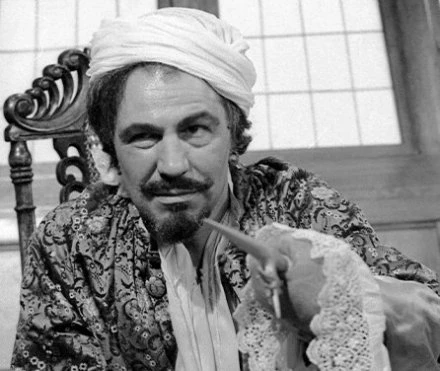
George A. Cooper (best known as Mr Griffiths in Grange Hill) is wonderfully nasty as the ironically named Cherub, the murderer of his former crewmate-turned-churchman. Actor and dancer Elroy Josephs plays Jamaica, the obligatory West Indian pirate, who isn't such a bad sort, all told. Doctor Who didn't have a fantastic record for using actors of colour in its early days, and Josephs is the first black actor to get a speaking role in the series. On the side of right is Josiah Blake, Officer of the King's Revenue on a mission to break up the smuggling outfit in these parts and gets drawn into the bloody business of the treasure. John Ringham (Just Good Friends, Woof! gives a gentlemanly performance in his second of three roles in the series (having previously played the villainous Tlotoxl in The Aztecs).
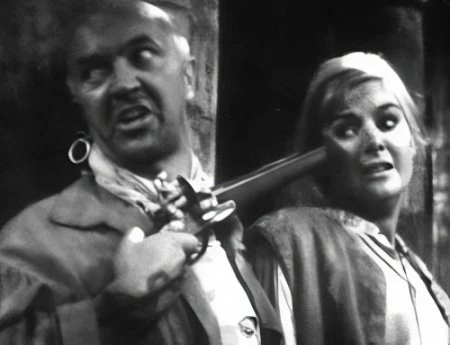
It's Hartnell who gives the best performance, though, in one last hurrah before his reduced role in his final story. In a straightforward historical romp you can see just how much his Doctor has changed since we first met him. He's far warmer and more good-humoured than he used to be (most of the time, anyway) and more heroic, although he's not quite the battler of evil he'll become. He and his companions get an easy way out before the story's over, yet he insists on staying, saying he has a responsibility to the village since his blundering in has led Pike to threaten everyone in his lust for the treasure. Polly is reluctant at first but comes round quickly, while Ben takes more convincing, but the Doctor won't leave until his conscience is clear. It's a stark difference to the hostile and selfish man we met back in An Unearthly Child.
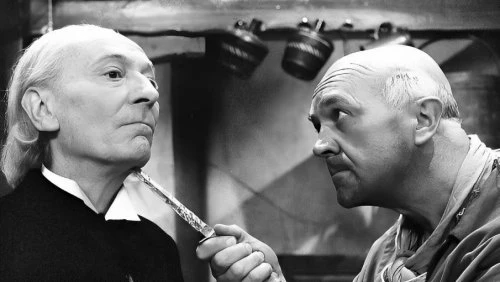
The Smugglers may not be the best-remembered or most original of adventures, but it's a fun romp with plenty going on. It's never boring, which is more than you can say for some of the stories of the era. Several of the guest actors would be back on the programme later, with Whitsun-Jones putting in much the same performance in The Mutants in 1972, and Ringham would play the noble leader of the Colony in Space in 1971, both opposite Jon Pertwee as the Doctor. The storied Captain Avery would even appear in person, played by Downton Abbey's Hugh Bonneville, in the 2011 Matt Smith episode “The Curse of the Black Spot.” A very unexpected link between two stories 45 years apart.


